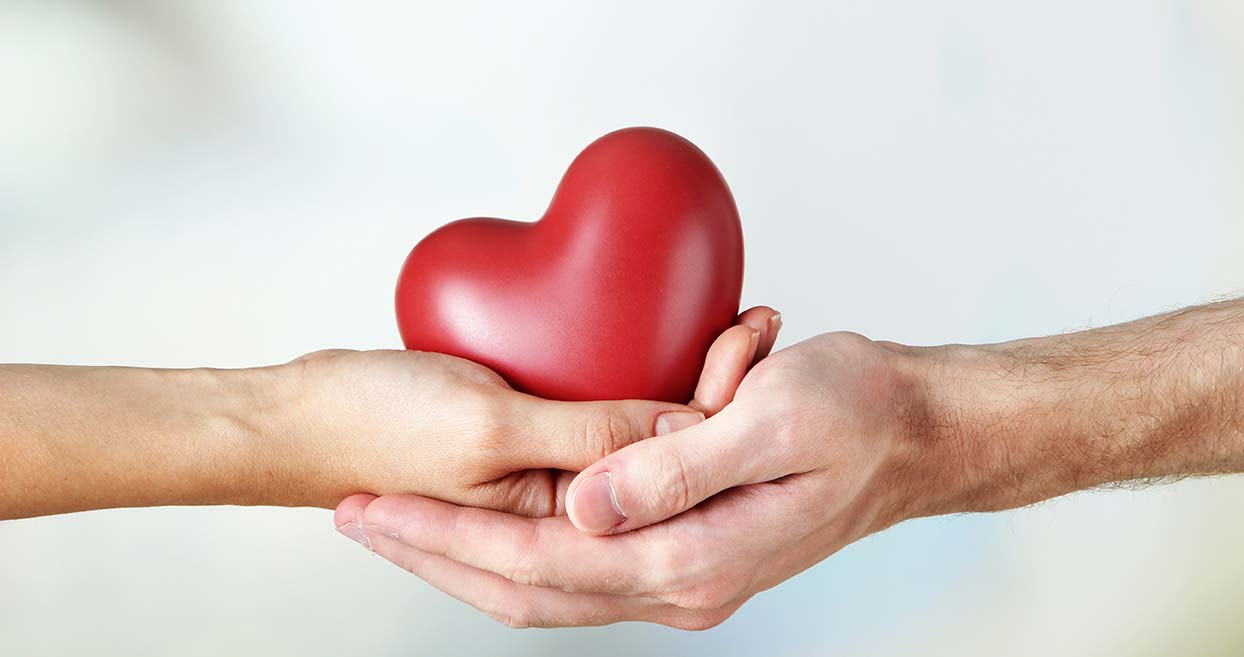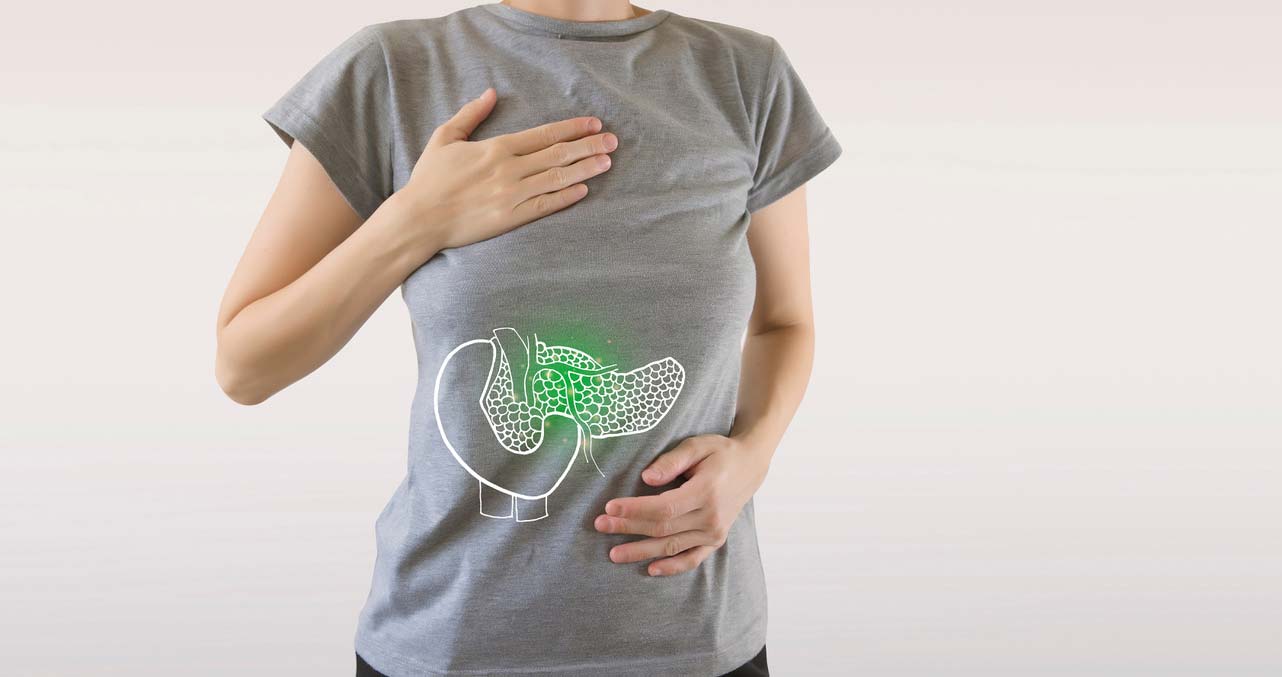Breaking Up with Sugar: Why It's Time to Cut Back and How to Do It

We all know that sugar isn’t exactly health food, but what you might not realize is how much it sneaks into almost everything we eat. The average American consumes more than 100 pounds of sugar each year—yes, you read that right! That’s 34 teaspoons of sugar per day, more than two to three times the recommended amount for men and women.
Sugar is not only packing on the pounds but is also linked to a whole bunch of health problems that can affect us throughout our lives. Let’s dig into what’s really going on, why our food is so loaded with sugar, the toll it takes on our bodies and minds, and some simple steps to kick the habit.
Why Is Sugar Everywhere?
It’s nearly impossible to go 100% sugar free. In fact, sugar is naturally present in healthy foods such as fruits, vegetables, and dairy. But these natural sugars aren’t the problem. It’s the “added sugars” that manufacturers sneak into our food and drinks to improve flavor, texture, and shelf life that are the real culprits. Sugar is also highly addictive and keeps you coming back for more. The food industry has learned that adding sugar is a cheap way to improve flavor and increase sales. But here’s the thing—they don’t always make it obvious. Sugar hides under various names like high fructose corn syrup, maltose, dextrose, and more, making it hard for consumers to identify.
Sugar is everywhere: desserts and sweet snacks (19%), soft drinks (16%), and even seemingly “healthy” foods like granola bars. Just one 12-ounce can of soda has about 10 teaspoons of added sugar, which is already more than the daily recommended limit for women.
The Dangerous Impact of Too Much Sugar
So, what’s the big deal with sugar? Isn’t it just empty calories? Unfortunately, it’s much worse than that. Excessive sugar consumption is linked to numerous health problems, including:
- Obesity: Added sugars can lead to weight gain because they’re calorie-dense and lack the fiber needed to make us feel full. This is particularly true for sugary drinks, which don’t satisfy hunger but add lots of extra calories.
- Type 2 Diabetes: Overloading on sugar can lead to insulin resistance, which is a major risk factor for type 2 diabetes. The more sugar we eat, the more insulin our bodies have to produce. Over time, our cells stop responding to insulin, leading to higher blood sugar levels.
- Heart Disease: Added sugars have been linked to increased risk of heart disease, even in those who are not overweight. Excess sugar in the bloodstream can lead to inflammation, high triglyceride levels, and increased blood pressure.
- Tooth Decay: It’s no secret that sugar is bad for your teeth. It feeds the bacteria in our mouths, leading to cavities and gum disease.
- Nonalcoholic Fatty Liver Disease (NAFLD): Sugar, especially fructose, can overload the liver and turn into fat. This can lead to NAFLD, which affects nearly 25% of adults in the U.S.
But it’s not just our bodies that suffer from too much sugar—our minds do too.
The Mental Toll of Sugar Overload
You know that feeling of euphoria after eating a sugary treat? That’s your brain on sugar, lighting up like a Christmas tree. Sugar triggers the release of dopamine, a feel-good chemical, making it highly addictive. The more sugar you eat, the more you crave it—just like a drug. This is why Dr. Robert Lustig, a renowned endocrinologist, calls sugar “the most damaging drug of the 21st century.”
Sugar also messes with our energy levels, giving us that infamous “sugar high” followed by a crash. This rollercoaster ride can lead to mood swings, irritability, and difficulty concentrating. Over time, a diet high in sugar has been linked to an increased risk of anxiety, depression, and other mental health issues.
And let’s not forget how sugar affects sleep. Consuming sugary foods, especially later in the day, can lead to poor sleep quality, making it harder for you to fall and stay asleep. If you’re waking up tired every morning, your sugar intake might be to blame.
How to Cut Back on Sugar Without Losing Your Mind
Now that we know the dangers of sugar, let’s talk about how to cut back without feeling deprived or overwhelmed. Here are some practical tips:
- Read Labels Carefully: Become a label detective. Look for hidden sugars listed under different names like sucrose, fructose, maltose, and anything ending in “-ose.” Remember, the closer an ingredient is to the top of the list, the more of it the product contains.
- Cut Back on Sugary Drinks: Soft drinks, sweetened coffees, and even some fruit juices are packed with sugar. Switch to water, herbal teas, or sparkling water with a splash of citrus instead.
- Rethink Your Snacks: Opt for snacks with natural sweetness, like fruits, nuts, and seeds. Choose plain yogurt and add your own fresh fruit for flavor rather than buying pre-flavored varieties.
- Cook More at Home: This gives you control over what goes into your meals. Use spices, herbs, and naturally sweet ingredients like cinnamon and vanilla to add flavor without sugar.
- Be Wary of “Low-Fat” Labels: Low-fat products often have more sugar to make up for the lack of fat. Instead, choose whole foods that don’t need sugar to taste good.
- Take It One Step at a Time: Cutting out sugar cold turkey might not be realistic for everyone. Start by reducing your intake little by little—swap out one sugary drink for water or cut your dessert portion in half. Small changes add up over time.
Encouragement for the Sugar-Cutting Journey
Remember, sugar cravings are normal, especially in the beginning. But here’s the good news: cravings can diminish significantly once you get past the initial hump. For some, it’s just three days; for others, it might take a week. But your body will adjust, and you’ll find that you don’t miss it as much as you thought you would. Your taste buds will reset, and foods that used to seem bland may actually taste great.
Breaking up with sugar isn’t about deprivation; it’s about taking control of your health and feeling better in every way possible. Your future self will thank you for taking that first step!
So, are you ready to ditch the sweet stuff and feel better than ever? Let’s do this—one step (and one less teaspoon) at a time!
Your Hispanic American Health Store
Health Hispanica® is a Hispanic-American health store specializing in supplements from Hispanic-American-owned brands such as Natura-Genics® and Yerba Farma®. We strive to provide quality and innovative supplements at fair prices and educate our clients and community on healthy living.
Credits
Photo: © piotr_malczyk via Canva.com



Leave a comment